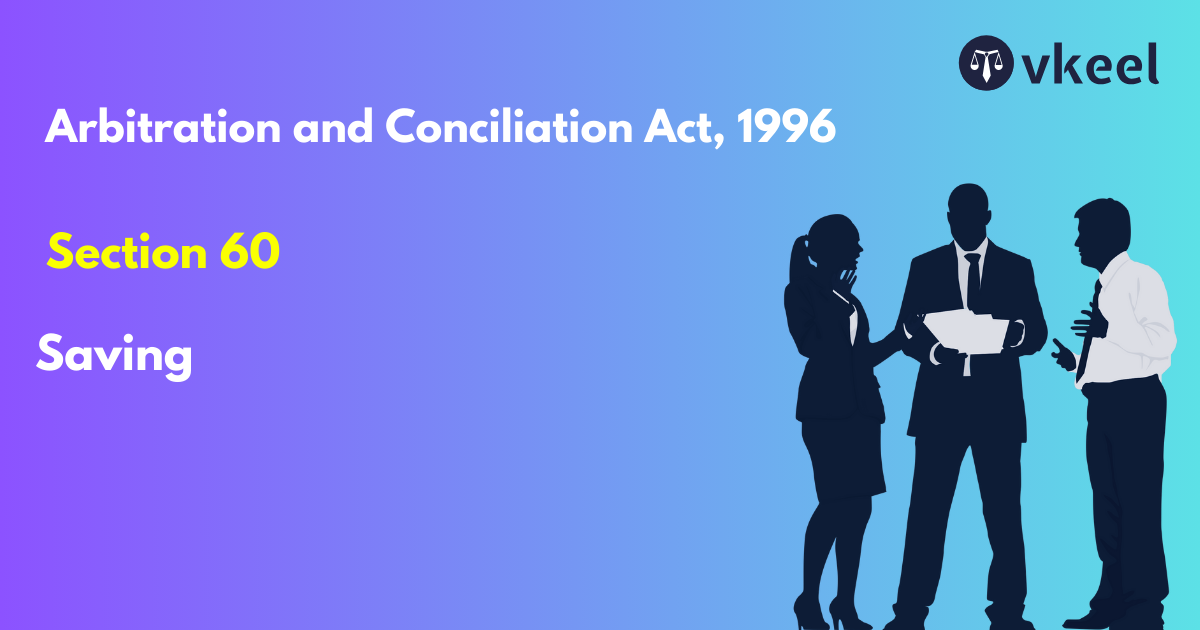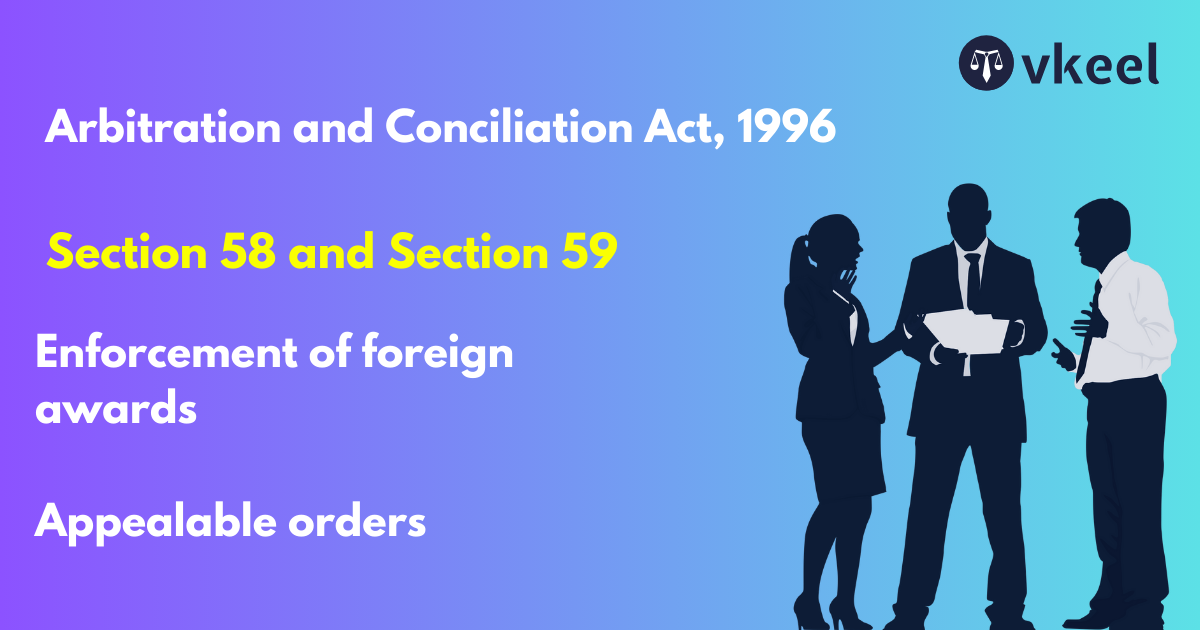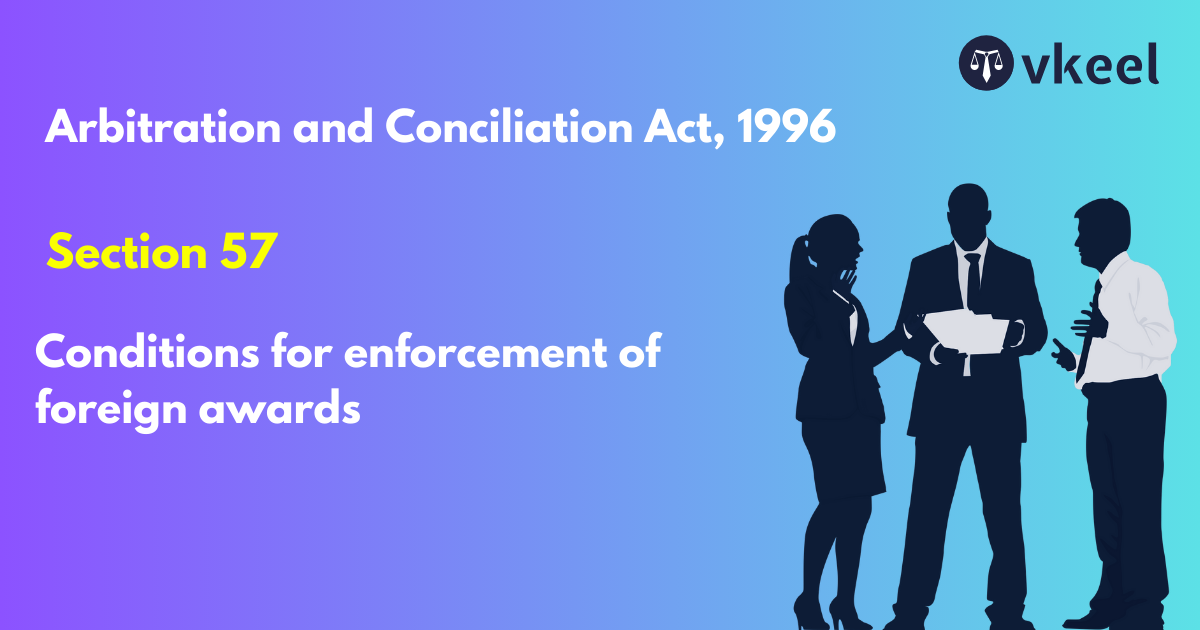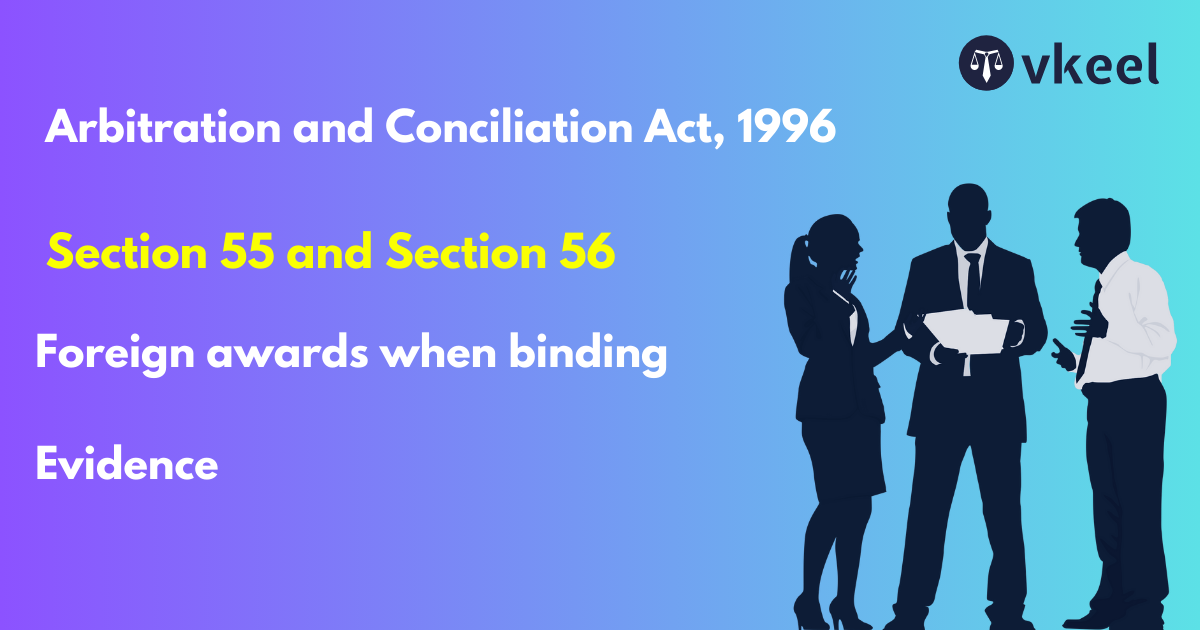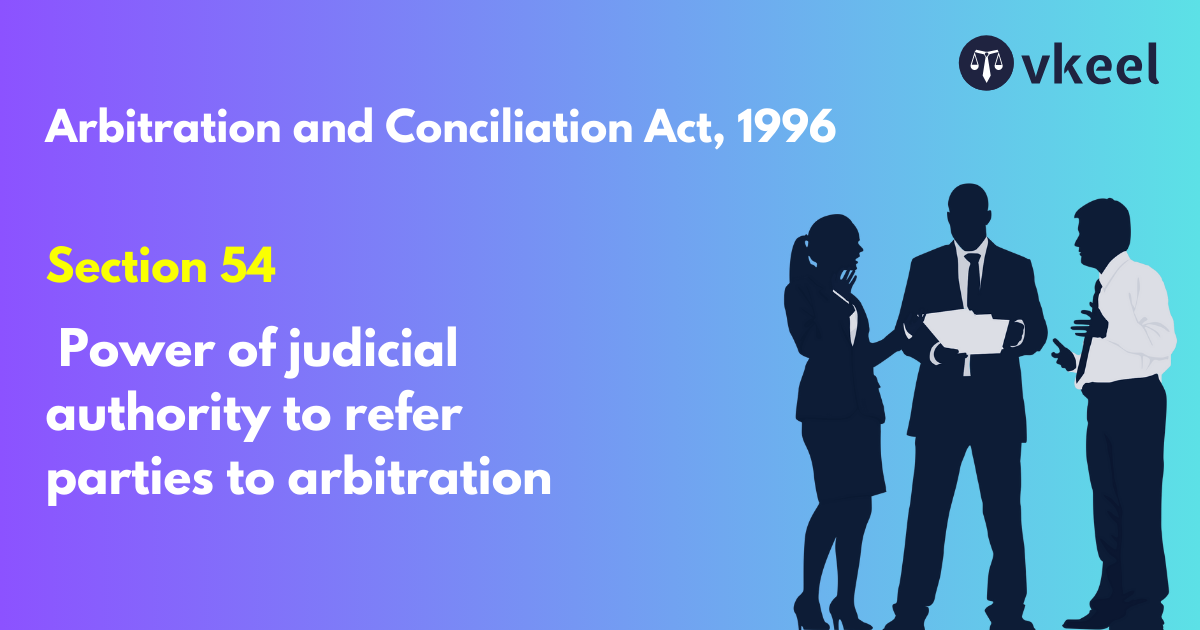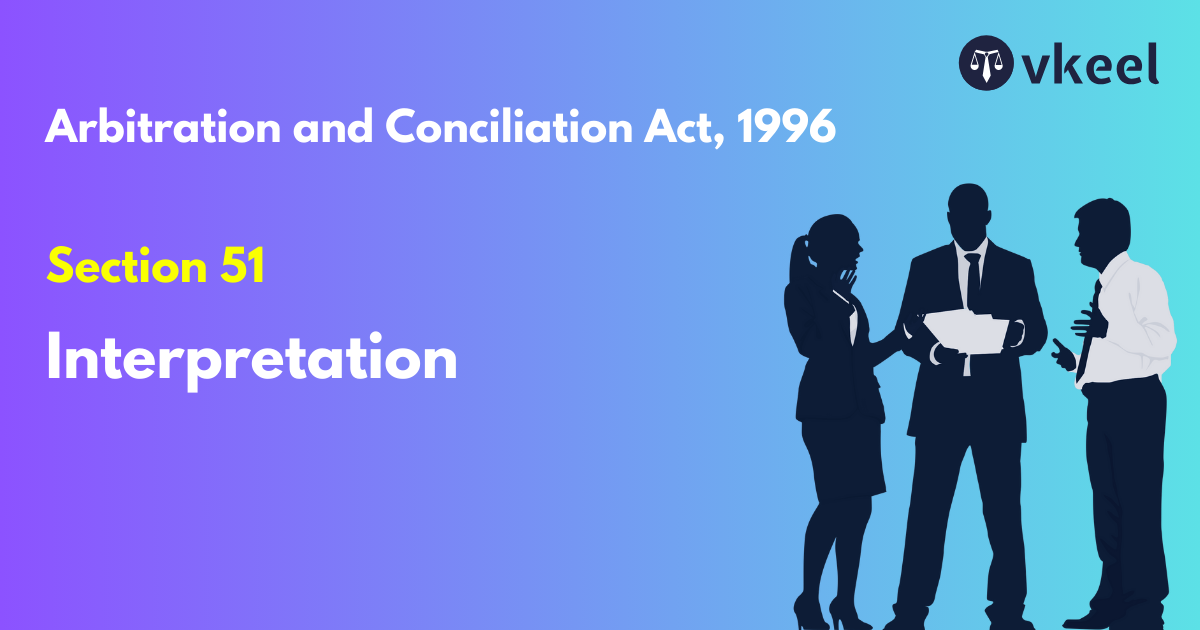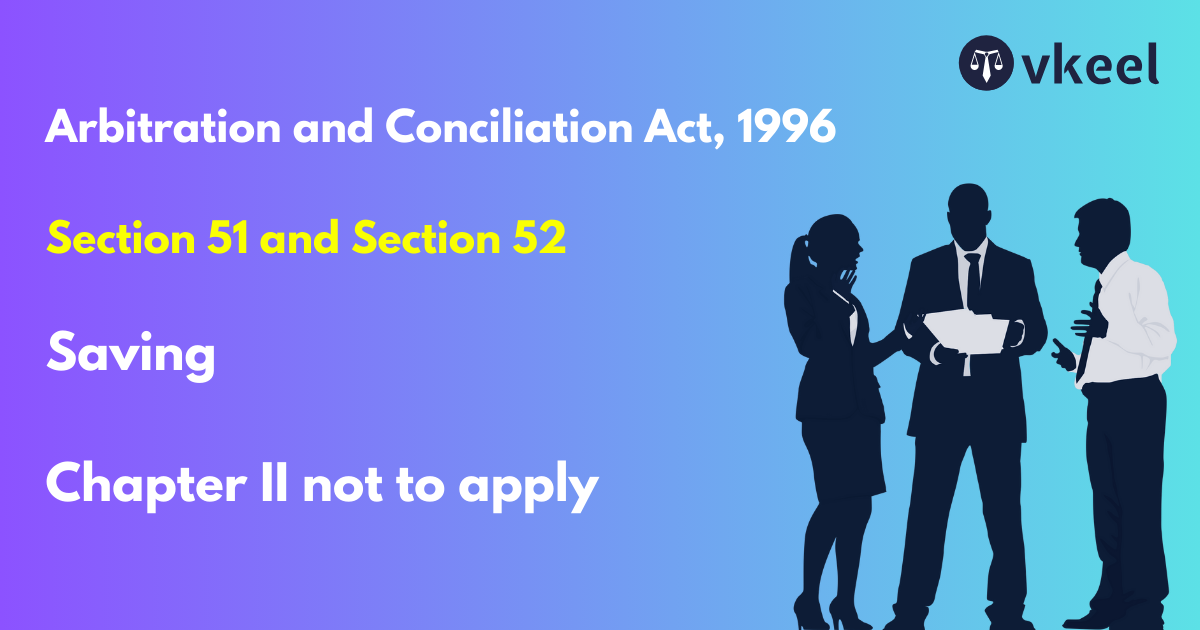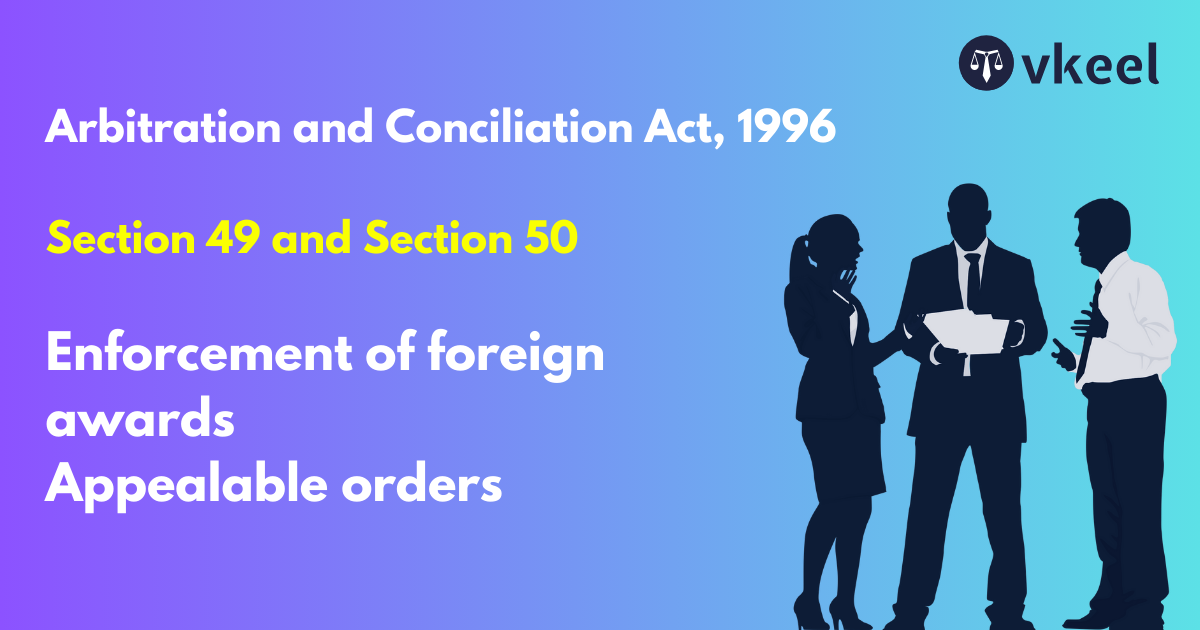Section 35: Arbitration and Conciliation Act, 1996
By Nivedita Dhiman
Table of Contents
Introduction of Section 35
Section 35 of the Arbitration and Conciliation act, 1996 postulates that an arbitral award shall be final and binding on the parties and persons claiming under them respectively. An award is final and binding on the parties and it cannot be said that it is a waste paper unless it is made a rule of the court. The award should be final unless the arbitrator has decided to issue an interim award, in which case he should state that the award is an interim one and should expressly reserve to himself all matters not determined by the award.
Section 35 of arbitration and conciliation act
Finality of arbitral awards
Subject to this Part an arbitral award shall be final and binding on the parties and persons claiming under them respectively.
Landmark Judgements
Fidelitas Shipping Co Led VIO Exporcheb, supra; Mohammed Fazal v Abdul Gafer
To the extent that a cause of action has been decided by the award, a party will be prevented from asserting or denying, as against the other party, its existence or non-existence in subsequent proceedings. Any attempt to do so may be met by a plea of res judicata. When one or more issues have previously been determined, albeit that the cause of action is different, a party will again be prevented from seeking to contradict the earlier findings on those issues, on the basis of “issue estoppel”.
Indurchi Srinivasa Rao v Indurthi Venkata Narsimha Rao, AIR 1963
Even assuming that the rewriting of the award on fresh stamp paper and getting it duly registered by the arbitrators is a ministerial act, where one of the arbitrators dies after having signed the award, but before it is rewritten on a stamp paper, the award is not a valid award, because it is not signed by all the arbitrators.
Aab Bogam v Haji Abdul Maid Khan, AIR 1924
Arbitration in substance ousts the jurisdiction of the court except for the purpose of controlling the arbitrators and preventing misconduct and for regulating the procedure after the award. The court has no power to review the award or to consider it; to hear an appeal from the arbitrator and delete from the award something with which it did not agree is beyond the jurisdiction of court.
Bhajahari Saha Banikya vs Behary Lal Bhasak, 1909
The award is, in fact, a final adjudication of a court of the parties own choice and, until impeached on sufficient grounds in an appropriate proceedings, an award, which on the face ofi is regular, is conclusive upon the merits of the controversy submitted, unles posibly the paries have intended that the award shall not be final and conclusive.”
Ravi Prakash Goel vs Chandra Prakash Goel, 2008
Persons claiming under the rights of a deceased person are the personal representatives of the deceased party and they have the right to enforce the award and are also bound by. The arbitration agreement is enforceable by or against the legal representative of a deceased parry provided the right to sue in respect of the cause of action survives.
Conclusion of Section 35
The above-mentioned section of the act deals with finality of arbitral award. The award is, in fact, a final adjudication by a competent forum chosen by the parties themselves and until set aside is conclusive upon the merits of the controversy submitted, unless possibly the parties have intended that the award shall not be final and conclusive.
Disclaimer:
The information provided in the article is for general informational purposes only, and is not intended to constitute legal advice or to be relied upon as a substitute for legal advice. Furthermore, any information contained in the article is not guaranteed to be current, complete or accurate. If you require legal advice or representation, you should contact an attorney or law firm directly. We are not responsible for any damages resulting from any reliance on the content of this website.



